In that trend, the building of a revolutionary, disciplined, elite, and modern Vietnam People's Army not only relies on the modernization of weapons and technical equipment, but also depends largely on the quality of human resources, especially human resources in military social sciences and humanities (KHXH&NV).
Military social sciences and humanities were born from practice, are an organic part of social sciences and humanities, and play a very important role in building a politically strong Army, as a foundation to improve overall quality, combat strength, strengthen national defense, and firmly protect the socialist Vietnamese Fatherland. In the face of the development of the 4.0 Industrial Revolution, this role of military social sciences and humanities has not diminished but has become more important than ever. The more technology develops, the more information warfare becomes a constant threat, and "peaceful evolution" in cyberspace becomes more sophisticated and complex. Cyberspace becomes an important "front" in firmly protecting the socialist Vietnamese Fatherland. That context requires military social sciences and humanities personnel, especially those working in theoretical research, political and ideological work, journalism, culture, arts, etc., to always be proactive and take the lead in the struggle to criticize the wrong viewpoints of hostile forces, contributing to strengthening the Party's absolute and direct leadership in all aspects of the Army, fostering a communist worldview and outlook on life for officers and soldiers of the entire army, and firmly maintaining the political and ideological position in the army.
|
The 4.0 revolution and the question of how people will benefit from technology. Illustration photo |
Many opinions express concern that, with the great advances in technology in the 4th Industrial Revolution, especially artificial intelligence (AI), the position and role of military social science and human resources may be replaced by smart machines. However, the truth is not like that. AI can be an effective, advanced tool, strongly supporting scientists in collecting, processing, and synthesizing information; it can even simulate behavior, predict psychological developments... based on available data. However, AI cannot undertake the mission of spreading, preserving, and promoting humanistic values, revolutionary ideals, national and military traditions, and the beauty of Uncle Ho's Army to military officers and soldiers. AI also cannot replace military social science and human resources in activities of inspiring,educating , and fostering absolute loyalty to the Fatherland, the Party, and the people for all soldiers; cannot actively, flexibly, sharply and effectively debate and refute false and hostile arguments against the Party, the State and the Army. Practice has shown that the more new technology develops and the more profound and comprehensive its influence on all aspects of the Army's activities is, the more the position and role of the military science and technology staff are affirmed and irreplaceable.
To continue to develop comprehensive military social sciences and humanities human resources, in terms of quantity, quality and structure in the digital age, there needs to be a fundamental change in awareness, training mechanisms and development policies. It is necessary to focus on innovating the programs, content and training methods of social sciences and humanities cadres in military academies and schools towards multidisciplinary integration, linking theory with practice, developing critical thinking and soft skills. Strengthen training and fostering digital technology skills, using AI, exploiting big data for military social sciences and humanities lecturers and researchers. Mastering technology will help them not only access new knowledge but also create creative and effective education and research methods. Build and develop specialized research groups on ideological and theoretical struggles in cyberspace, with the capacity to detect, refute and orient public opinion against false, harmful and hostile information. Continue to build and perfect reasonable remuneration policies, encourage military social sciences and humanities officers to study to improve their qualifications, conduct scientific research, write articles, and participate in seminars and scientific forums both inside and outside the military. Strengthen academic cooperation with training institutions and research institutes at home and abroad to exchange experiences and update new trends in the development of social sciences and humanities. Build a modern, healthy, disciplined, loyal, and humane military cultural environment, creating conditions for military social sciences and humanities officers to devote their intelligence and talents to the cause of building a revolutionary, disciplined, lean, and strong Army in the new era.
In the era of big data and artificial intelligence, the human factor - especially people with political qualities, scientific thinking capacity, ideological fortitude and humanistic ethics - is always in the central position and plays a decisive role. Developing a team of military social sciences and humanities cadres is to contribute to building the foundation for political solidity, cultural depth and humanity in the fighting strength of the Vietnam People's Army. This is both an urgent requirement and a strategic significance for the cause of building and defending the socialist Vietnamese Fatherland in the new era.
VU CHI THANG
Source: https://www.qdnd.vn/quoc-phong-an-ninh/xay-dung-quan-doi/phat-trien-nhan-luc-khoa-hoc-xa-hoi-va-nhan-van-quan-su-truoc-tac-dong-cua-cach-mang-cong-nghiep-lan-thu-tu-835049


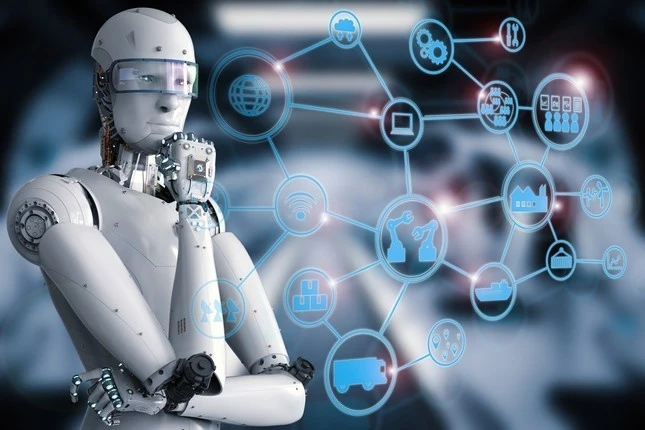



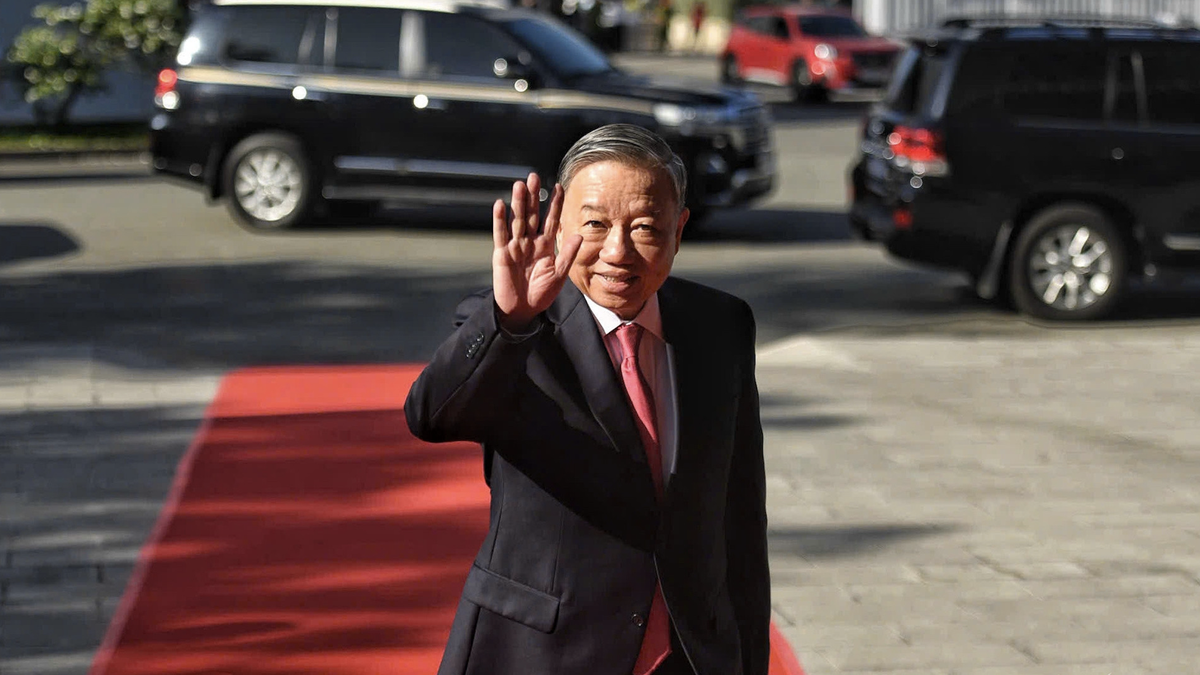

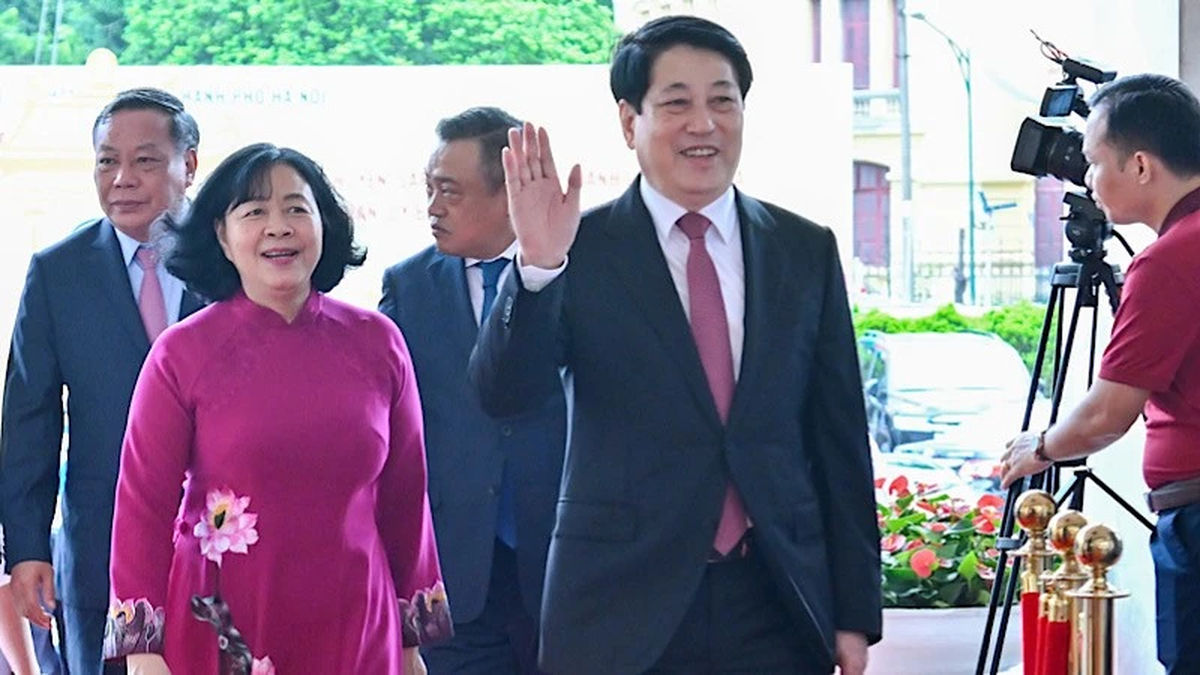
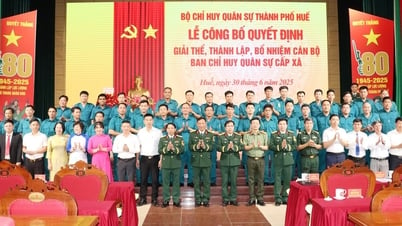

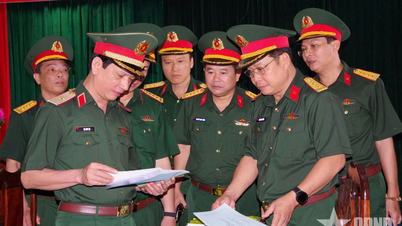
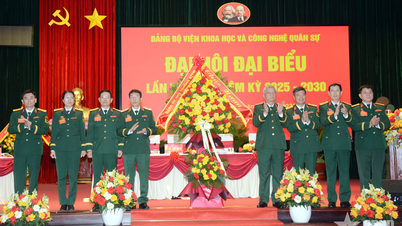
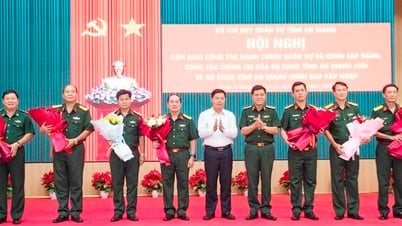

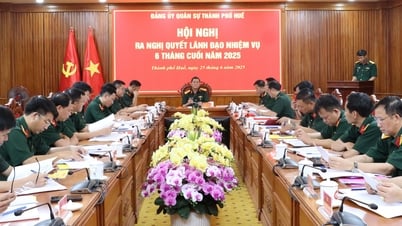
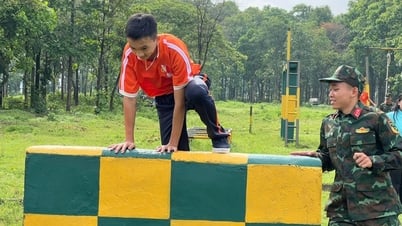

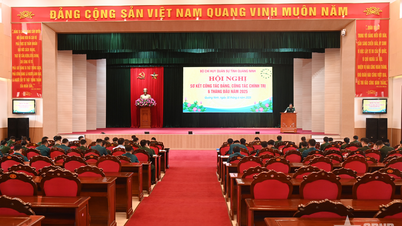
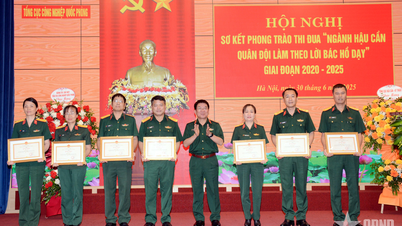
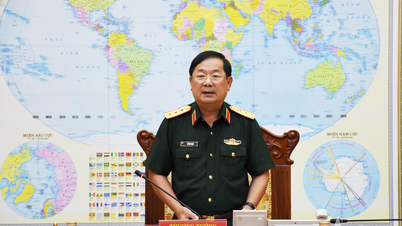
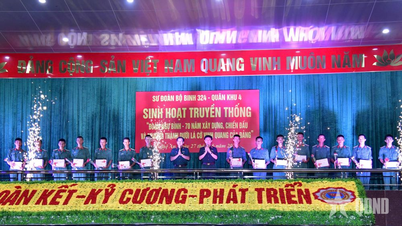
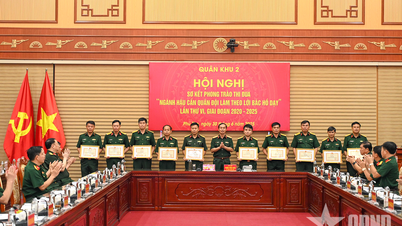
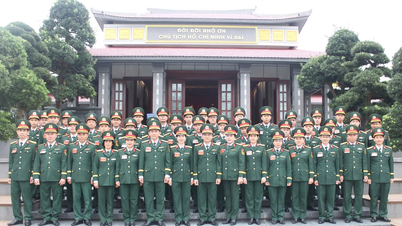




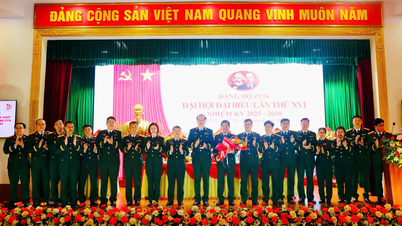
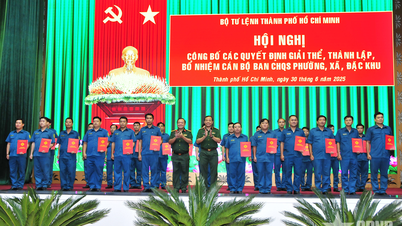
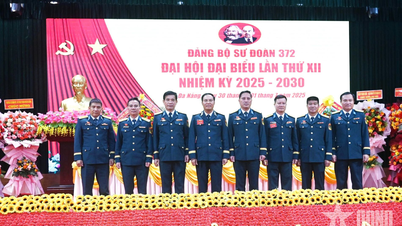
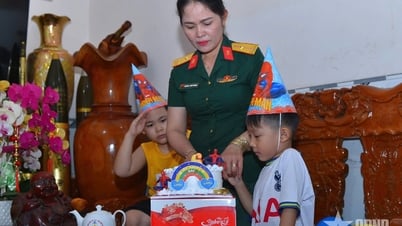
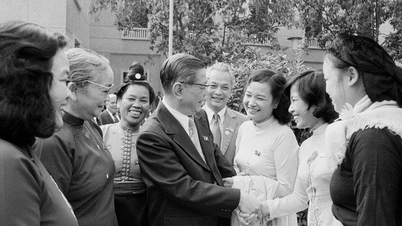
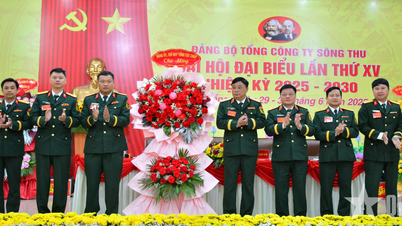


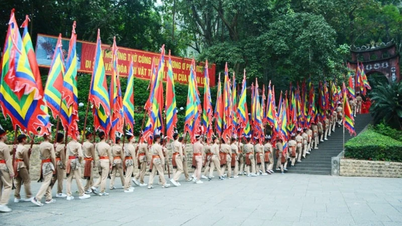







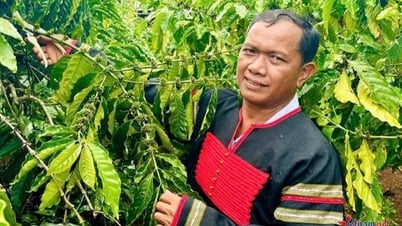







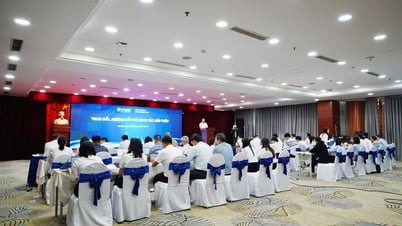




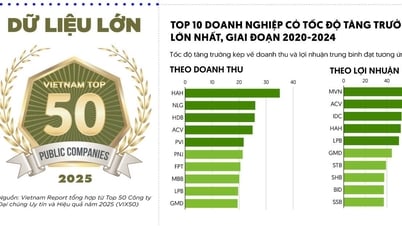

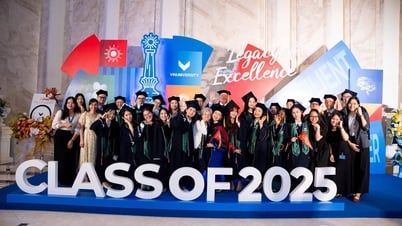
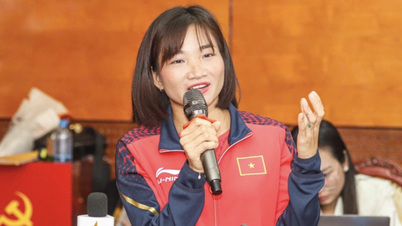




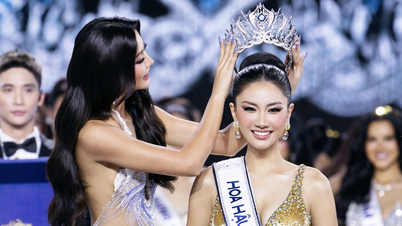
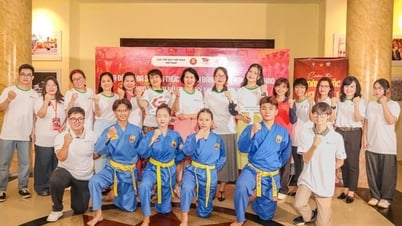




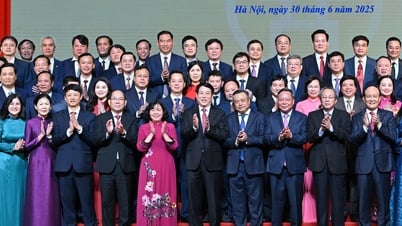

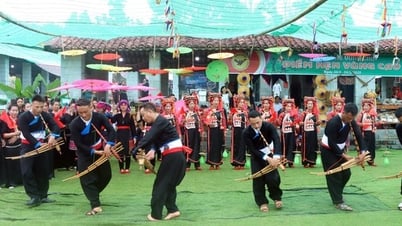
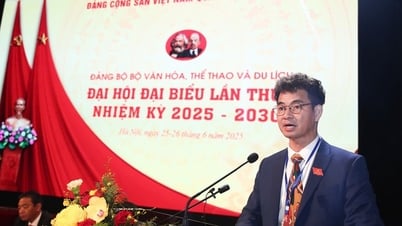
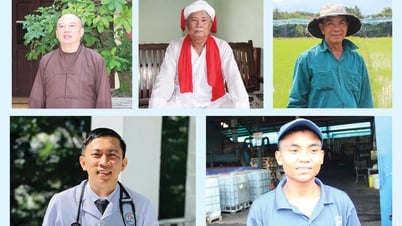

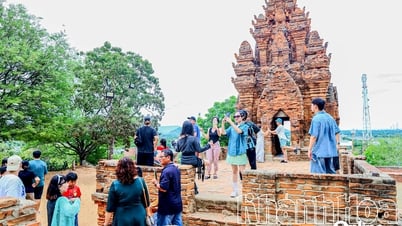

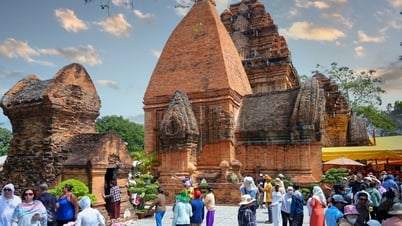












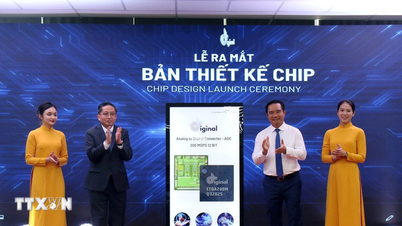





Comment (0)